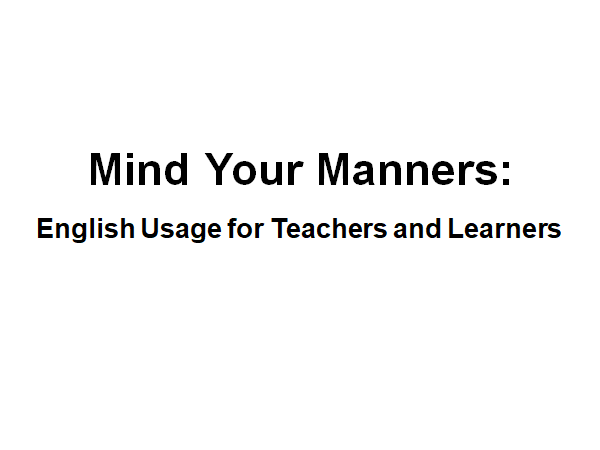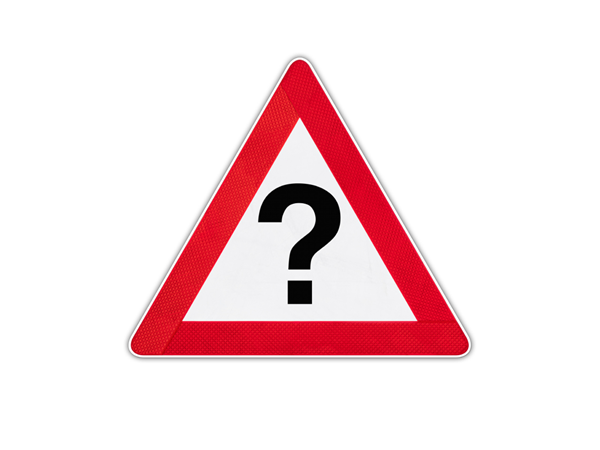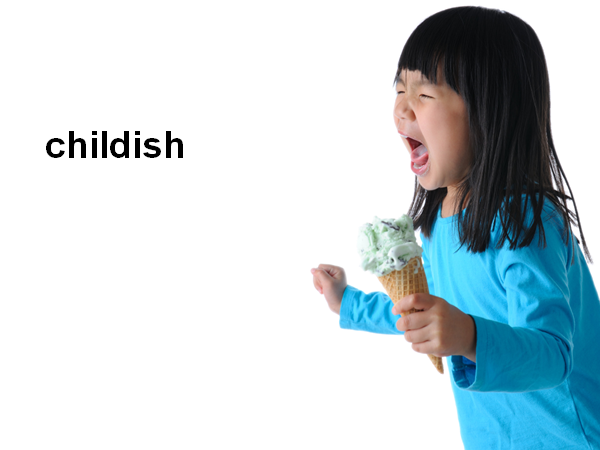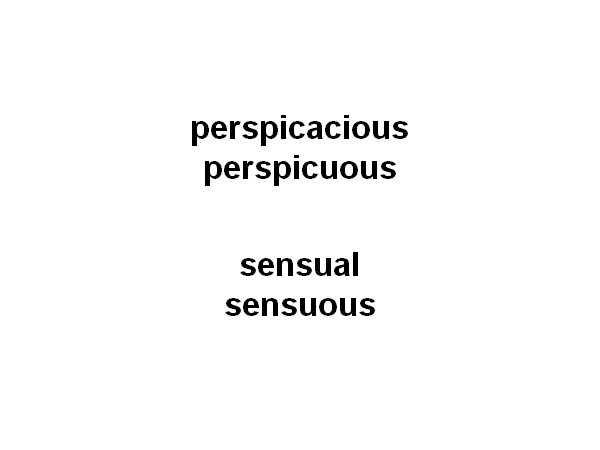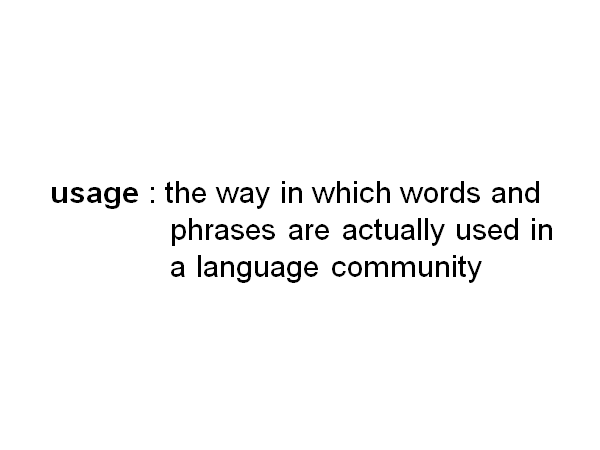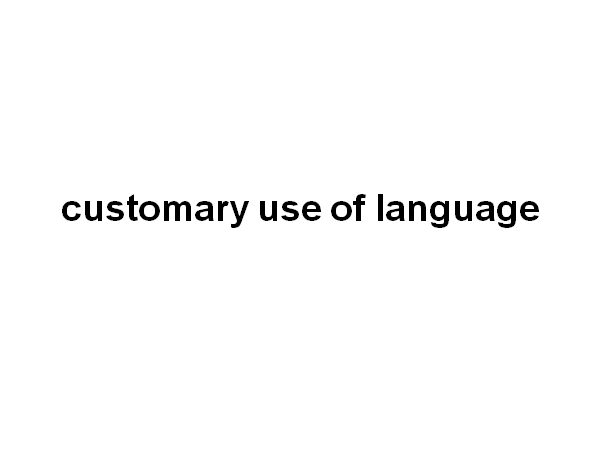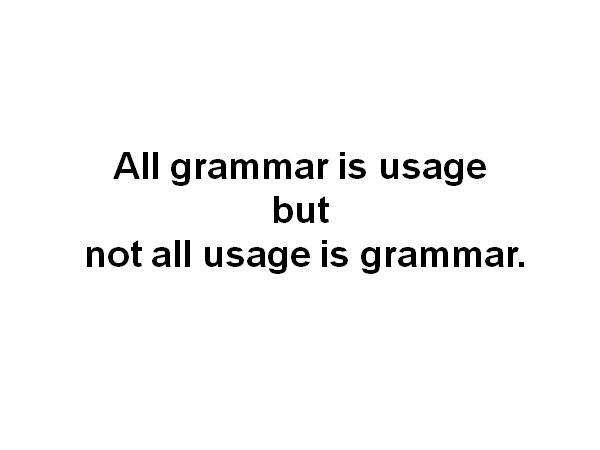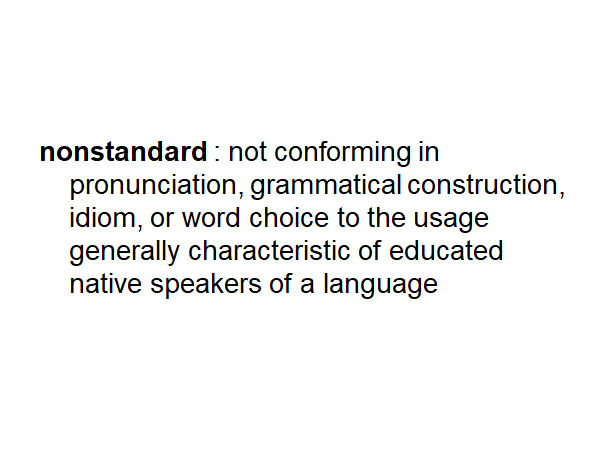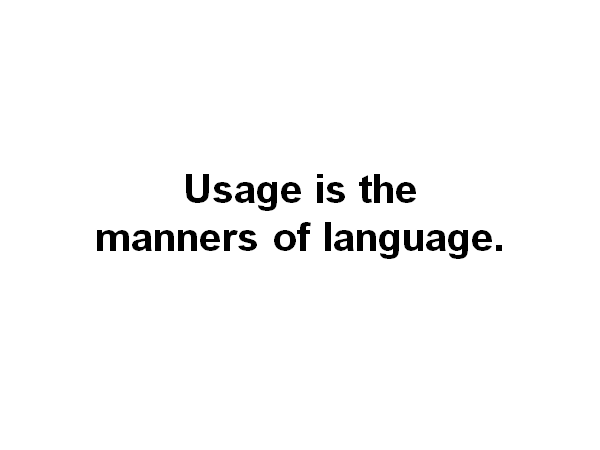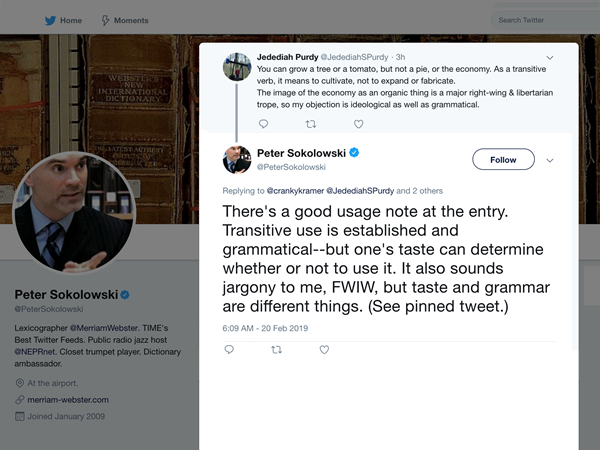1) linguistic facts (spelling, pronunciation, meaning, etymology)
2) cultural facts (or "usage"): appropriateness for context, region, time period, offensiveness, etc.
Native speakers don't use these terms interchangeably:
clean/cleanse
clothes/clothing
sensual/sensuous
Some of these become shibboleths for snobs and pet peeves for others.
Sometimes their differences are essentially arbitrary.
affect/effect
lay/lie
nauseated/nauseous
farther/further
These terms are often used in very different contexts.
dead/deceased
girl/female
brotherly/fraternal
buy/purchase
clean/sanitize
belly/abdomen
It might be:
offensive
obscene
vulgar
archaic
obsolete
formal
informal
nonstandard
It might need a label, like "British," "chiefly Southern," or "chiefly New England."

